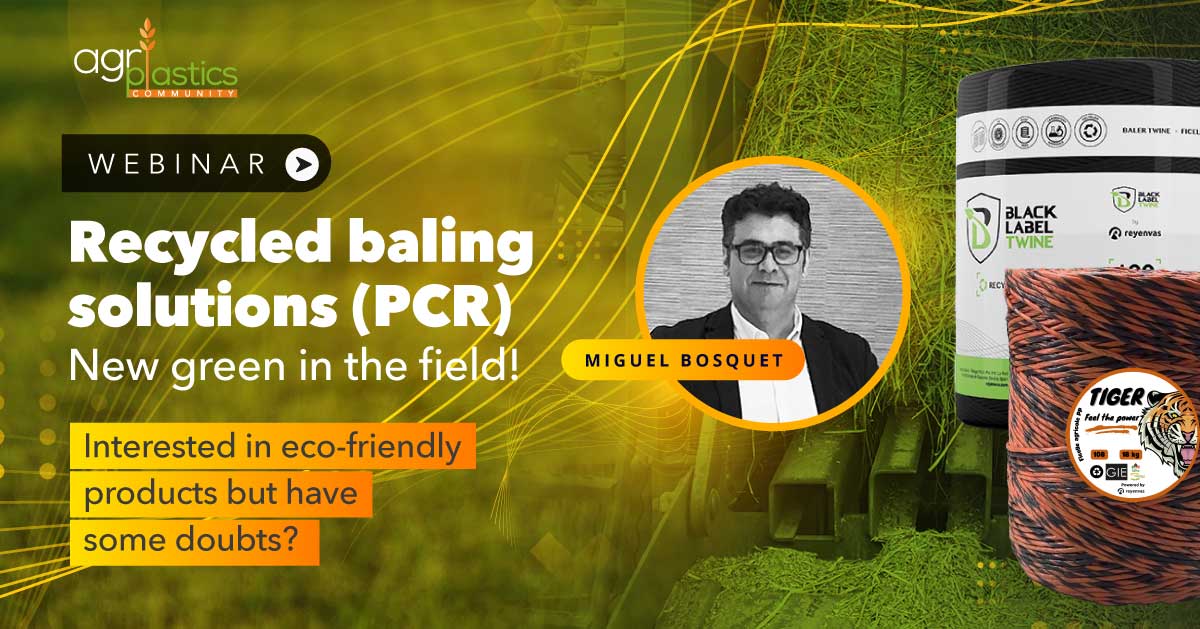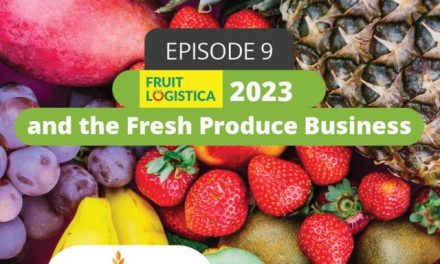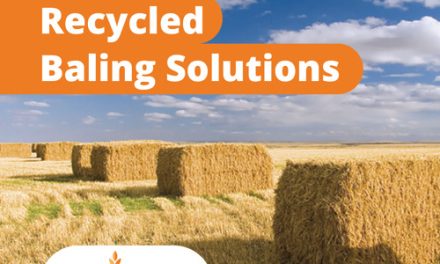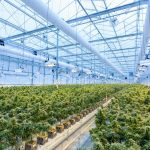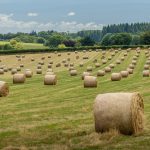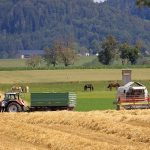
Action plan for organic agricultural production in the European Union

With all the transformations the world had to recently face over a very short period of time, whether as a result of climate change or due to the global pandemic situation, it’s increasingly necessary to implement plans and strategies to achieve organic agricultural production.
Global organizations and agricultural companies are currently focusing their efforts on achieving true food sustainability. Such is the case of the European Union that’s looking for the best way to implement a sustainable food system, based on the European Green Deal, to produce high-quality food, but with a low environmental impact.
Organic agricultural production is the answer, playing a key role in achieving a sustainable food system within the European Union, which can perfectly be replicated worldwide.
Goals of organic farming
According to information published on the website of the European Commission and based on the Green Deal strategy, the European Union expects to dedicate at least 25% of its agricultural lands to organic farming, thus promoting strategies that’ll allow a significant increase in organic aquaculture by 2030.
To transform this goal into an increasingly tangible reality, helping the organic industry feel supported to reach its full potential, members of the Commission have released an action plan for organic agricultural production in the European Union.
What does the action plan contemplate?
The action plan for organic agricultural production in the European Union seeks to target 25% of agricultural lands for organic agriculture by 2030.
The proposal is based on the achievements of the 2014-2020 action plan, which considers the results of a public consultation on organic products, held between September and November 2020.
The plan consists of three interrelated axes to reflect the structure of the food supply chain, as well as the ambitions of the Green Deal’s sustainability goals.
Green Deal Sustainability Goals
Axis 1: Stimulating demand and guaranteeing consumer confidence
EU citizens are increasingly valuing organic products, considering that they are more likely to comply with specific rules on pesticides, fertilizers, and antibiotics, as well as being more environmentally friendly and friendlier with the farm animals that consume them.
Strengthening consumer confidence in organic products is essential for farmers to switch to organic farming.
To make it economically profitable over time, the Commission will continue to promote organic farming. How? By using the EU logo to support organic dining areas and increasing the use of green public procurement, strengthening organic school plans, improving traceability, preventing food fraud and facilitating the contribution of the private sector.
Axis 2: Stimulating transformation and reinforcing the entire value chain
The objective is to increase the proportion of land cultivated according to organic practices, without neglecting all stages of the supply chain.
The idea is to have adequate structures to help stimulate local production through short distribution channels, where agricultural producers benefit from the added value of organic products.
To achieve this, the Commission proposes to promote the transformation, investment and exchange of best practices, to make sectoral analyses to increase market transparency, support the organisation of the food chain, strengthen local and small value processing (encouraging the short commercial circuit), improve animal nutrition according to ecological standards, and strengthen organic aquaculture.
For more information on this topic, we recommend reading our article regarding the trend towards sustainable agriculture: grassland management.

Action plan for organic agricultural production in the European Union. Photo by Markus Spiske on Unsplash
Axis 3: Obtaining organic products to improve the contribution of organic agriculture to environmental sustainability
The idea is to use organic agriculture to protect the environment, climate, the long-term fertility of lands, and high levels of biodiversity, achieving a toxicity-free scenario under standards that are focused on raising animal welfare.
When the land is grown organically it has a higher percentage of biodiversity, compared to the conventional way.
The goal is to reach a point where chemical pesticides or synthetic fertilizers are no longer used, aside from banning the use of GMOs and ionizing radiation, drastically restricting the use of antibiotics.
Through this axis, the Commission intends to reduce the climate and environmental footprint, improve genetic biodiversity and increase yields, develop alternatives to contentious inputs and other phytosanitary products, improve animal welfare and use resources more efficiently.
To expand your knowledge on this area, we recommend reading our article on how agriculture can play an important role in the fight against climate change.
Aside from supporting 23 additional actions, some of the successful efforts will continue to be implemented with the 2014-20 action plan, presenting new strategies and looking for and mobilizing other sources of funding.
The idea is that the new Common Agricultural Policy (CAP) will have greater support to enable it to mobilize smoothly to successfully implement the action plan. Organic food producers will continue to have financial support through rural development commitments, with an additional stream of funding available through organic schemes.
“CAP support will also include technical assistance and the exchange of best practices and innovations in organics. Farm advisory services will be strengthened, notably, as part of Agricultural Knowledge and Innovation Systems (AKIS), to promote relevant knowledge exchange,” states the website of the European Commission.
Improving knowledge is key
While the main objective of the action plan for organic agricultural production is to migrate to increasingly ecological practices, where farmland is managed based on more sustainable and environmentally friendly strategies, another fundamental goal is to improve the level of knowledge.
This will not only help to understand the true impact of organic agriculture but will also help to promote new research processes. In addition, it will be possible to innovate and propose new strategies that will help make this type of agriculture much more sustainable and productive.
Some of the proposals made by the Commission include allocating at least 30% of the budget to carry out research and innovation studies in the agricultural sector, forestry and rural areas, addressing specific topics related to the organic sector, such as strategies to increase crop yields, genetic biodiversity and alternatives to products that may be controversial.
Several strategies can be applied to make organic agricultural production sustainable. A good alternative is to generate renewable energies that contribute, among other things, to the reduction of carbon emissions into the atmosphere. To learn more about this topic, we recommend reviewing our article on what is food waste recycling and how does it work?

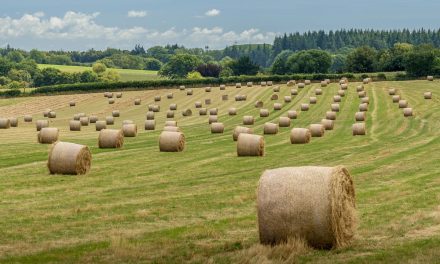
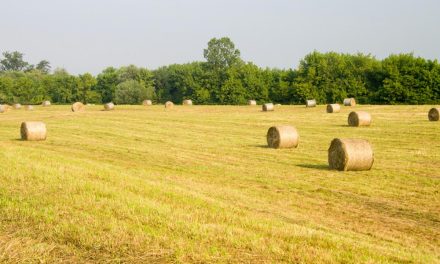

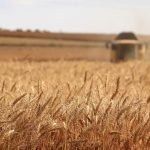
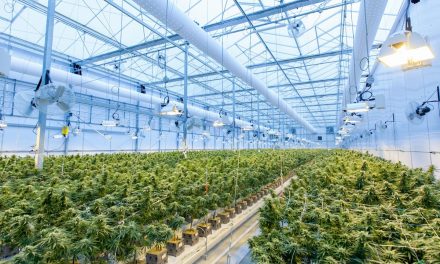
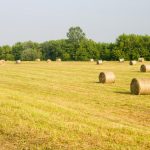

![[eBook] Sustainability and water management](https://agriplasticscommunity.com/wp-content/uploads/8_550x310_ENG-440x264.png)
![[eBook Trends in Agriculture Plastics] Increasing use of biodegradable mulch](https://agriplasticscommunity.com/wp-content/uploads/550 × 310_2_ENG-150x150.png)
![[eBook Trends in Agriculture Plastics] Reducing the plastic used in the manufacture of agricultural films](https://agriplasticscommunity.com/wp-content/uploads/550 × 310_1_ENG-150x150.png)



